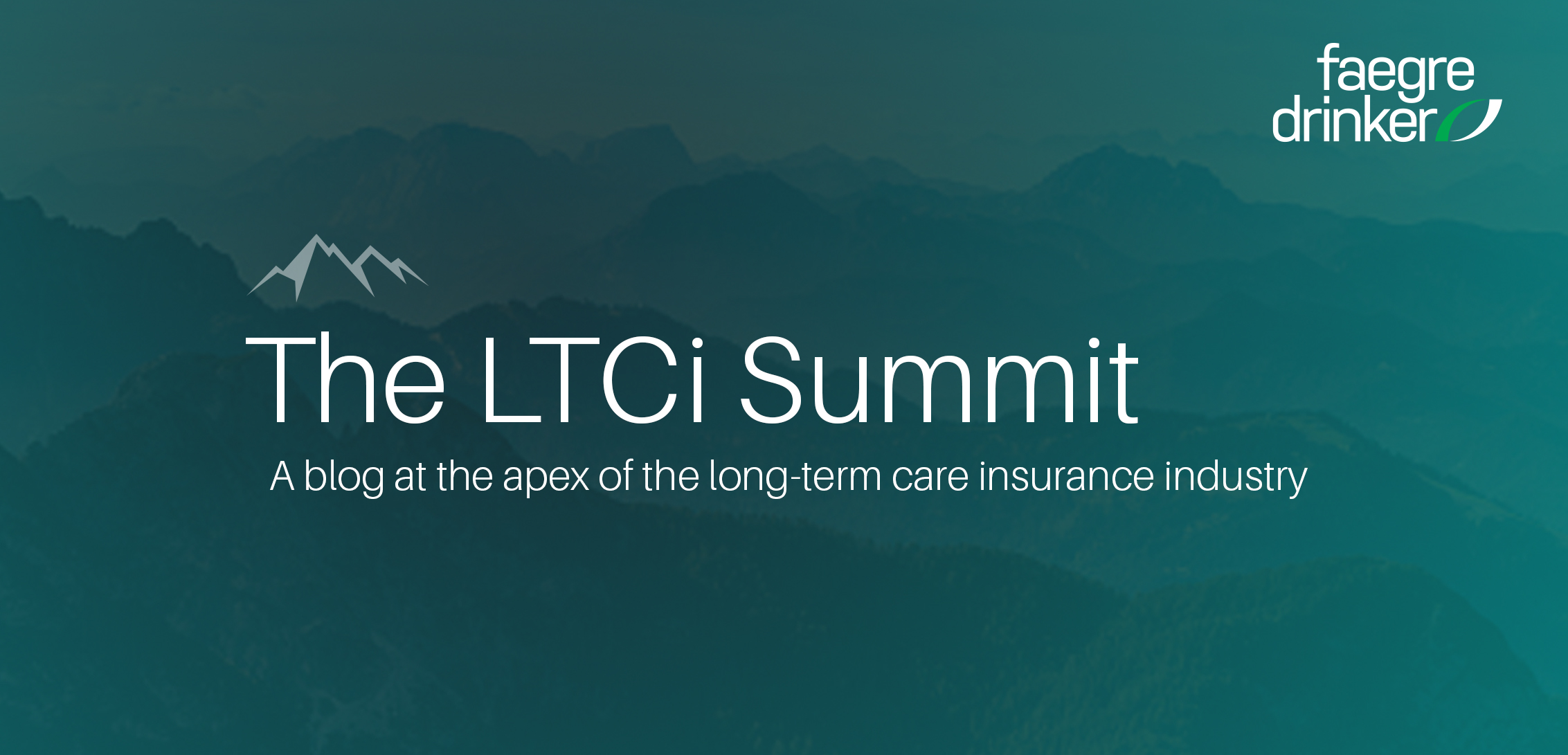It comes as no surprise that as Americans live longer, long-term care and long-term care insurance needs are increasing.
The American Association for Long-Term Care Insurance (AALTCI) recently released data surveying the landscape of who needs long-term care insurance (LTCi), when they need it and how their claims end in different care settings. AALTCI published its findings in its “2022 Long-Term Care Insurance Information” survey.*
Some of AALTCI’s findings include:
- While half of LTCi claims begin when the policyholder is between the ages of 80 and 89, the average age for those buying new traditional LTCi policies remains between the ages of 56 and 57.
- Cancer (31%) and musculoskeletal issues (25%) are the most common causes for claims that last one year or less. For claims that last more than one year, policyholders generally suffer from cognitive (49%), brain (18%), or musculoskeletal (15%) issues.
- The vast majority (73%) of claims, whether for more or less than one year, begin at home. In comparison, only 18% of claims begin in assisted living facilities, and only 9% start in nursing homes.
With respect to how claims end, AALTCI outlined three categories: due to the death of the policyholder, due to the policyholder’s recovery, or due to exhaustion of the available benefits. Using those categories, AALTCI found that about two-thirds (67%) of claims end due to the death of the policyholder. Those figures vary by setting: claims paid to policyholders living in nursing homes end because of the policyholder’s death 78% of the time, whereas only 61% and 70% of claims paid to those living at home or in assisted living, respectively, end because of death.
Though 20% of claims generally end because the policyholder recovers, there is also wide variation between care settings: 32% of home care claims end after recovery, compared to 5% of nursing home claims and 6% of assisted living claims—almost certainly reflecting the relative levels of dependency necessitating higher levels of care in assisted living and nursing homes.
Finally, only 13% of claims end because benefits are exhausted. Broken down by care setting, benefits are exhausted in 25% of assisted living claims, 17% of nursing home claims, and only 7% of home claims.
The survey also found that women are relatively more likely than men to need care for severe cognitive impairment or ADL dependency over the course of their lifetimes. As men and women reach their 70s and continuing into their 80s and 90s, women become progressively more likely to need care over time. Specifically, at age 70, women are only .3% more likely to need care than men. At age 80, women are 2.9% more likely to need care. And at age 90, women are 7.2% more likely to need care.
AALTCI has only recently begun reporting long-term care insurance claims statistics. Find the full survey results here.
*Data used with permission from the American Association for Long-Term Care Insurance.
The material contained in this communication is informational, general in nature and does not constitute legal advice. The material contained in this communication should not be relied upon or used without consulting a lawyer to consider your specific circumstances. This communication was published on the date specified and may not include any changes in the topics, laws, rules or regulations covered. Receipt of this communication does not establish an attorney-client relationship. In some jurisdictions, this communication may be considered attorney advertising.


